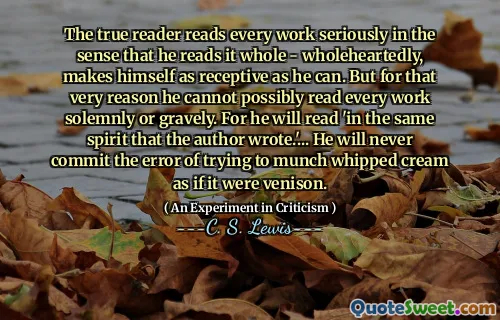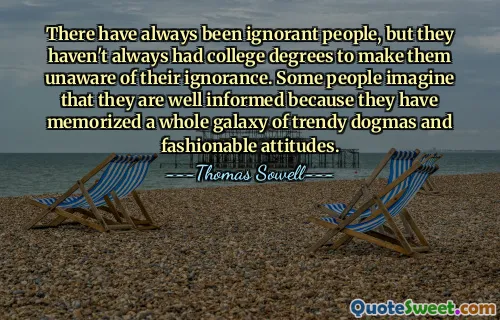Either Ault was a lot harder than my junior high had been, or I was getting dumber- I suspected both. If I wasn't literally getting dumber, I knew at least that I'd lost the glow that surrounds you when the teachers think you're one of the smart, responsible ones, that glow that shines brighter every time you raise your hand in class to say the perfect thing, or you run out of room in a blue book during an exam and have to ask for a second one.
The narrator reflects on the challenges of adapting to a new school environment, suggesting that the intensity of Ault School is a significant change from their junior high experience. They grapple with feelings of inadequacy, pondering whether the difficulty of their studies is making them feel less intelligent or if their perception of themselves has shifted. This self-doubt is compounded by a sense of loss; they no longer possess the confidence that once made them feel recognized and valued by teachers.
This idea of having "lost the glow" serves as a poignant metaphor for their diminished self-esteem. The glow represented the approval and acknowledgment from educators, stemming from their previous successes in class and exams. The narrator's longing for that affirmation highlights the emotional struggle of navigating new academic pressures, reflecting a universal theme of growing up and dealing with the challenges of fitting in and performing in a competitive environment.


